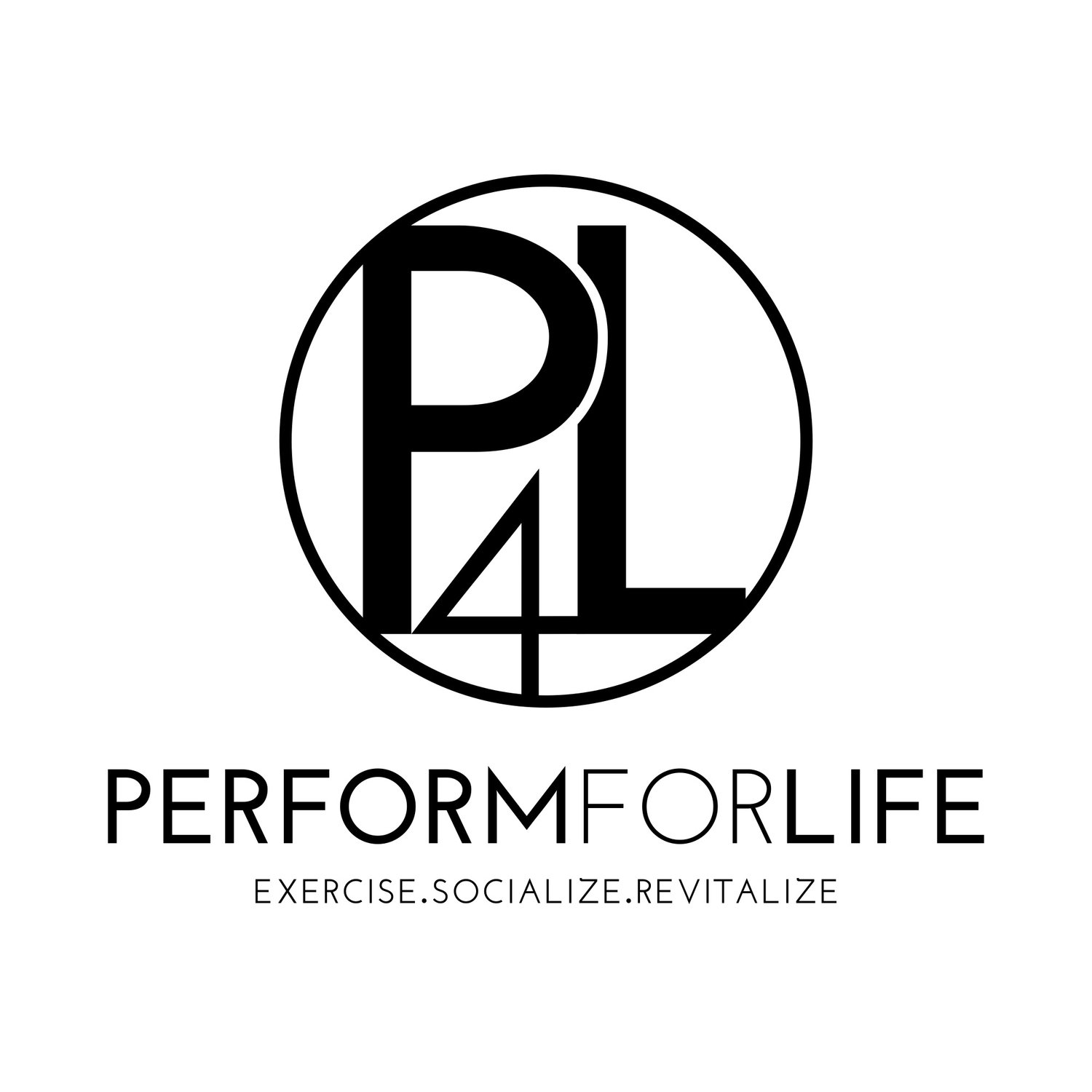Dieting Is Budgeting
I was recently discussing the topic of nutrition and fat loss with a client and came up with a simple analogy to explain the process: dieting is budgeting. Since budgeting is a skill that a lot of us have already, I thought that this would be a valuable analogy to allow for the reappropriation of that existing skillset. A good analogy is a great way to reframe the way you think about something, and being in the right mindset to approach a process is important to set yourself up for success. The more I thought about it, the more I realized that this analogy holds up well when explaining a number of important dieting concepts - let’s explore this a bit further.
First, let's start with the basics. Your calorie expenditure is like your income, and your calorie consumption is like your is like your monetary expenditures. What happens when you spend more money than you make? You accumulate debt; in this analogy, debt’s the same thing as body fat. It also tends to accumulate slowly over time, eventually becoming an insidious problem. One day your debt can suddenly feel insurmountable, just like one day realizing how much fat you’ve gained. Debt is hard to pay off all at once - you need to make sure you’re still allocating enough money for bills, food, and other basic needs. Similarly, it’s not a good idea to crash diet too hard. You need to make sure you’re ingesting enough food to meet your micronutritional needs (vitamins, minerals, etc). Ultimately though, you need to create a surplus and start paying down your debt - that is, you still have to eat at a caloric deficit to drop fat.
With that idea in place, how can you reframe your approach to dieting to actually kick start a successful fat loss diet? Think of it like this: with budgeting, you can’t make money magically appear out of thin air. So, when you increased expenditures in one area, you have to reduce expenditures in another area; you can take this same approach to eating. If you have a really heavy meal (aka splurge on a big expense), then that’s okay, but you’ll have to cut your budget elsewhere. Otherwise you’re going to “overspend” and go into “debt,” which, again, means that you’re going to add fat. Most people choose to balance this out on a daily basis, but you could certainly also do it over the course of a few days or a week. So, if your overeat one day, you can cut extra calories the next day, or something of the sort.
Alternatively, as a means of budgeting, you can increase your income with some other revenue stream like a second job - this job is exercise. If you want to be able to spend more money, you need make more money. If you want to be able to eat more, you need to expend more. However, I caution taking this to an extreme; it’s much easier (from a time investment standpoint) to cut spending than it is to get a second job. It’s also much easier to eat less food than it is to try and exercise away a bad diet. As I’ve said many times before, you accomplish the same thing by running three miles as you do by skipping out on eating a plain bagel.
Another component of this analogy is the idea of a passive revenue stream. Everyone loves making money with an upfront investment that really pays off in the long run. This equates to building muscle mass, and is why I advocate prioritizing resistance training over other forms of exercise for fat loss. When you build muscle mass, it increases the amount of calories you expend both at rest and during exercise - it’s like a multiplier to energy expenditure for everything you do. Ideally, you layer exercise that mostly just accomplishes energy expenditure on top of this, but the muscle mass itself will do quite a bit on its own.
So, let’s summarize:
Calorie intake is like money you spend
Energy expenditure is like your income
Debt accumulation is like fat accumulation
To pay down debt, you need to make more money than you spend; to lose body fat, you need to expend more calories than you consume
You can cut expenditures or you can increase income (balance your budget from either or a combination of both); you can reduce calorie intake or you can exercise more (balance your energy budget from either or a combination of both)
Passive revenue is like muscle mass
Try to take these concepts and use them the next time you’re making decisions about what to eat, how much to exercise, and how to balance these aspects of your health and well-being. Good luck!

